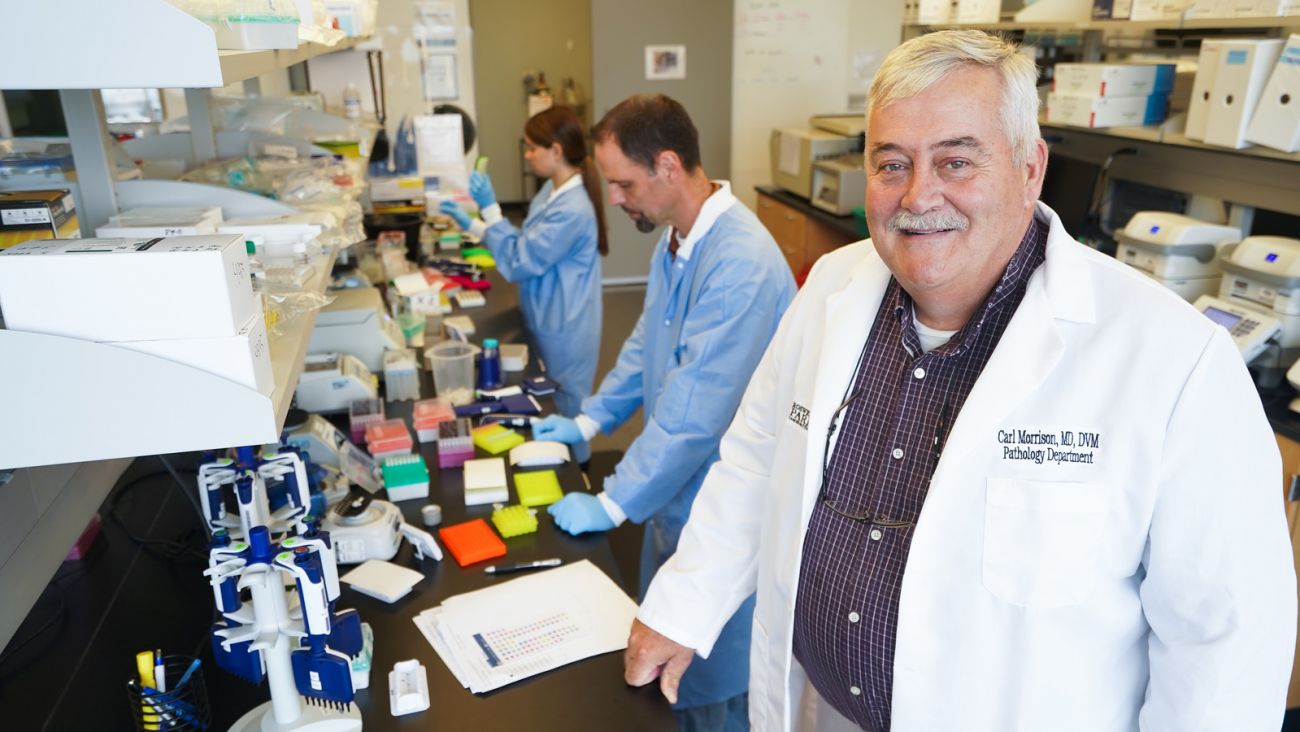Here at Roswell Park, we have recently been working to identify any genetic abnormalities in bladder cancer that could be targeted with new and better treatments. We also research if there are existing therapies we could tap into that address these same gene mutations.
I’m very glad to say that we have in fact identified one gene receptor, called G2A, that is a culprit in bladder cancer. This gene was previously associated almost exclusively with Alzheimer’s disease.
This is truly good news, because there are existing drugs used in the treatment of this gene in Alzheimer’s patients that could prove beneficial to treating bladder cancer. In the near future we expect to create clinical trials around these drugs, called NMDA antagonists, to find out if our theory holds true. The result could be a greatly improved, more personalized therapy.
Another exciting development at Roswell Park is that advancements are being made in metastatic disease testing. Our researchers are trying to develop an accurate way to predict if a patient’s bladder cancer will have metastasized (or spread) to the lymph nodes, for instance, at the time of surgery.
This is integral to the treatment of bladder cancer patients, who tend to be older and less receptive to invasive care. With a precise metastatic test, patients who we know have malignant bladder cancer could receive preoperative, preemptive chemotherapy, or doctors could tailor an entirely new treatment method.
This test is wildly important for doctors and allows a predictive distinction that could greatly aid our patients. I’m quite happy to report that we are well into the test phase of it – yet another new way to ensure cancer can’t win.
